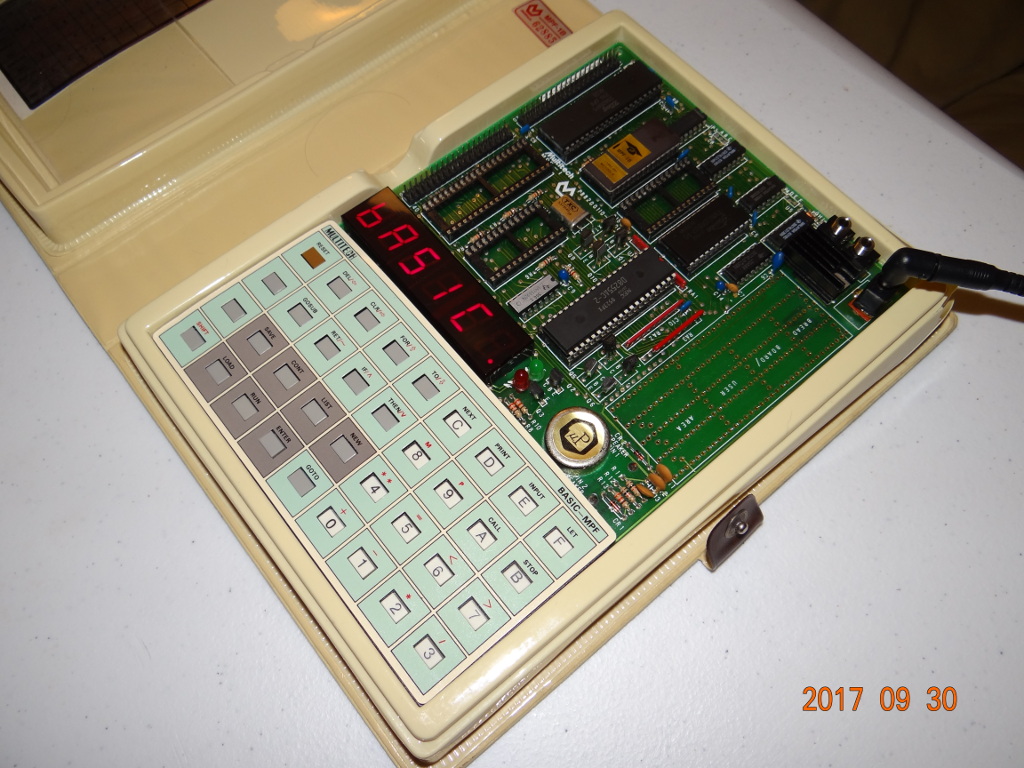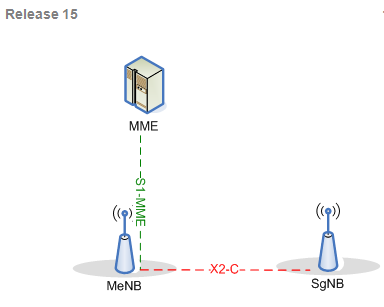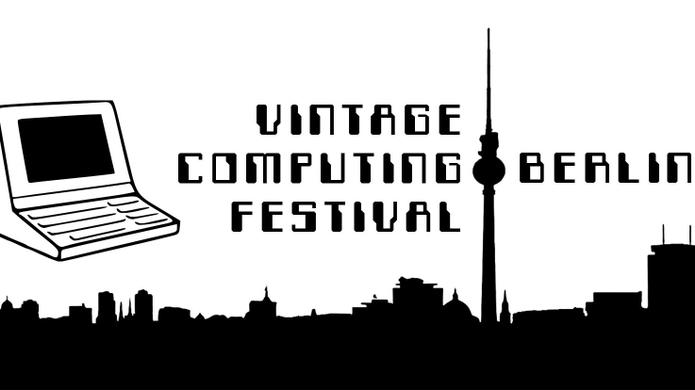Last year I was excited by a new add-on my fixed and mobile network operator of choice started offering: For 10 euros extra I could make calls from everywhere to everywhere in the EU, the US and Canada – fixed and mobile. Also, my monthly data bucket was extended from use in the EU to the US and Canada as well. Looks like the offer might have been a bit too successful as it has now been quietly discontinued for new customers.
Continue reading 1 Step Forward 2 Steps Back with My Mobile EU/World Option


